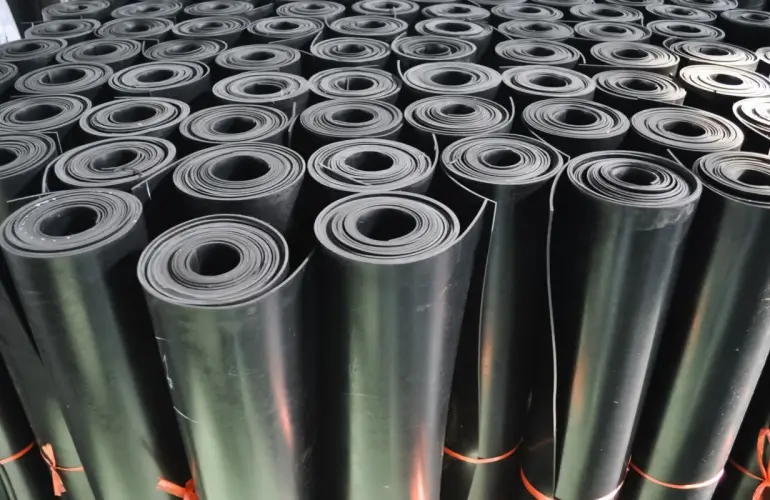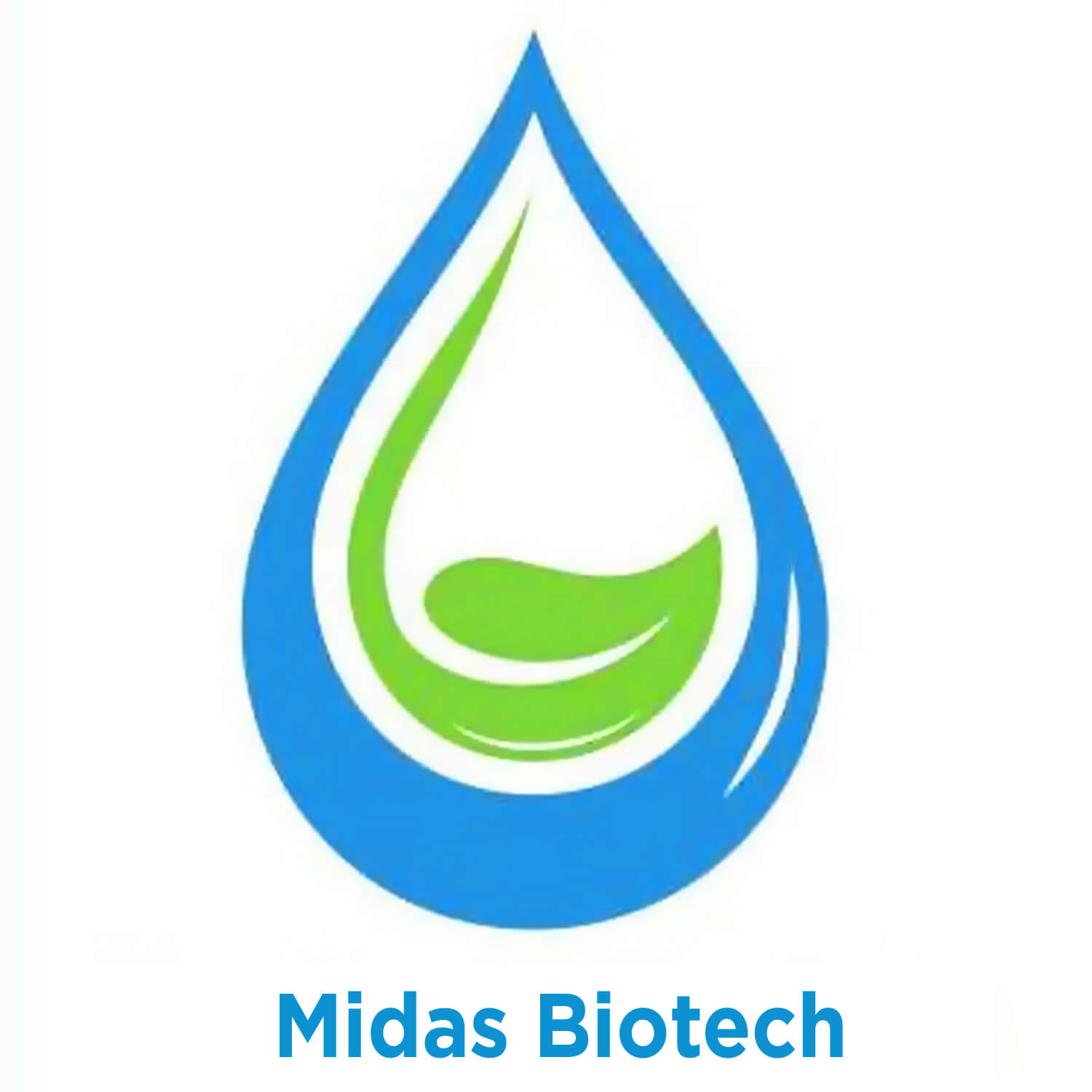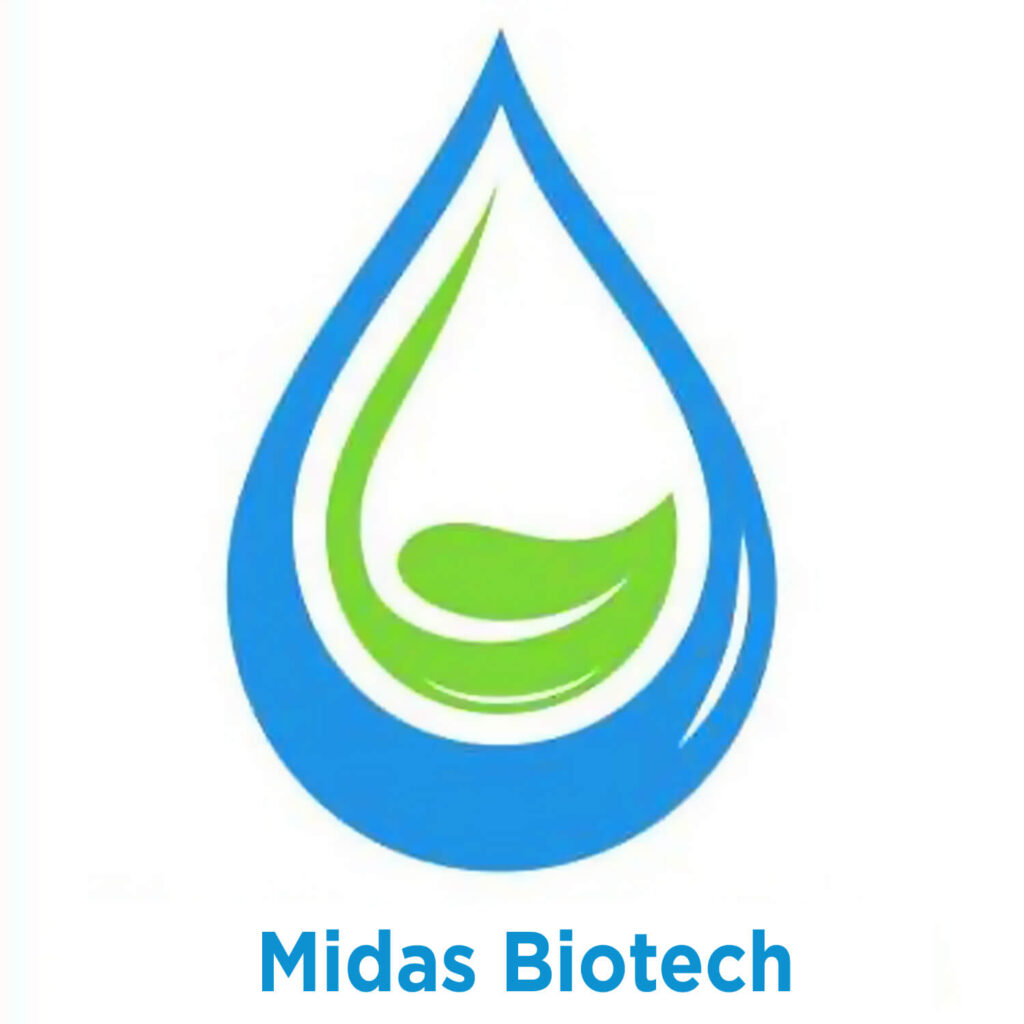Applications
Castor Oil

Personal Care & Cosmetics
With its hydrating and emollient properties, castor oil and its derivatives are used as an ingredient for making skincare and cosmetic items including lip balms, serums, lotions, creams, and shampoos among others. Castor oil is known to deeply nourish the skin and hair and therefore, it is widely used in the personal care and cosmetic industry.
Hydrogenated Castor Oil in cosmetics is used as an emulsifier, surfactant, and fragrance ingredient.

Pharmaceutical
Pharmaceutical-grade Castor Oil serves multiple roles such as laxative and pills. It offers remedies for various conditions including wounds, skin diseases, burns, internal disorders like abdominal issues and constipation. Hydrogenated versions of Castor oil derivatives (also known as castor wax) have found their place within pharmaceutical formulations. They are used to boost drug solubility.

Paints, Inks & Coatings
Derivatives of castor oil find their use in the crafting of paints, inks and coatings due to their capability to intensify and augment adhesion to varied surfaces while providing a polished finish. Dehydrated Castor Oil, or DCO, is used to produce premium-quality paints with a high-end white finish. DCO-based coatings are more resistant to corrosion. DCO is used as a primary binder for paints, enamels, sealants, inks and more.

Lubricants & Greases
Castor oil serves as an essential base component in the production of lubricants and greases. High resistance against extreme temperatures along with excellent viscosity makes it ideal for making glycerine-free lithium-based lubricating greases. It’s also ideal for metalworking fluids due to its corrosion resistance, lubricity and emulsion stabilit

Textiles
Castor oil derivatives for textile industry play a pivotal role during dyeing and moistening of cotton & linen textiles. These derivatives act as sizing agents for enhancing fibre bonding and ensuring fabric durability. Castor oil derivatives further strengthen the water-resistant and stain-resistance qualities of the fabric through special coatings. Castor oil derivatives are gaining prominence in the textile industry as the industry is switching from artificial colouring agents to eco-friendly alternatives.

Detergents
In the manufacturing process of detergents and cleaning products, castor oil derivatives serve roles like emulsifiers or surfactants. Castor oil is used in the production of eco-friendly, and biodegradable cleaning agents or gentle detergents. The inherent advantageous properties of castor oil render it highly valuable in soap-making, constituting an effective alternative to traditional detergent ingredients such as petroleum and coal.

Food Industry
Derivatives of castor oil find application in the food sector, especially as additives and flavour enhancers. They are incorporated in minute quantities to introduce specific tastes to processed eatables. Castor oil compounds contribute to food texture and flavour. It is also used in manufacturing food packaging materials.

Biopolymers
Derived from castor oil, particularly polyols, serve as a sustainable and renewable resource for the manufacture of biopolymers. These eco-friendly castor oil polymers find extensive application in diverse fields such as packaging materials, coatings, and adhesives among others.

Bio-degradable plastics
Castor oil derivatives have utility in manufacturing bio-based plastics and resins. Acting as an eco-friendly alternative to petroleum-derived constituents, these can be used in formulating plastic products. The use of such bio-plastics extends from packaging materials to automobile components and various other plastic items. Castor oil-based polyols have the potential to enhance the formulation of biopolymers, aiding in the development of biodegradable and sustainable plastic substances.

Rubber
The rubber industry uses castor oil derivatives for enhancing the processing efficiency and performance attributes of rubber mixtures. These compounds serve dual roles - acting as softeners imparting flexibility, yet increasing the durability of rubber goods simultaneously. Castor oil's inclusion also aids in lessening reliance on petroleum-sourced materials during formulation processes within the rubber industry.
Blown Castor Oil has been a classic plasticizer of shellac rosin, natural and synthetic resins, celluloses, and natural & synthetic rubbers.

Agriculture
Castor Oiled cake & De-Oiled cake (DOC) a by-product obtained after extracting castor oil is a good source of organic fertilizer. It is rich in Nitrogen content. It is completely bio-degradable and non-harmful to beneficial soil organisms (earthworms). It improves soil texture, soil aeration and water holding capacity of the soil.
Castor cake is obtained from natural sources, making it environmentally friendly and safe for plants, soil, and ecosystems.
Neem Oil

Bio-pesticides
Neem Oil has been approved by US authorities and has been included in active ingredient list of bio-pesticides. It is environmentally beneficial and has no adverse effects on plants and soil. It is completely bio-degradable, leaving no residues and does not enter into food.
It possesses insect-repellent and anti-feedant properties.

Personal Care & Cosmetics
Neem Oil has been reputed for its cleansing properties. It is known to be rich in fatty acids and glycerides and provides an excellent natural moisturizing base for skin care formulation. Neem Oil makes excellent skin and haircare products that soothes dryness, repair damage, remove bacteria, eliminate lice and mites, prevent baldness, and slow the greying of hair.

Pharmaceutical
Traditionally, the Neem tree’s derivatives were used topically to address ailments such as fevers, respiratory issues, rheumatism, arthritis, jaundice, malaria, ringworm, lice, fungal and bacterial infections of the skin, scabies, hives, eczema, psoriasis, and gastrointestinal diseases. Many of these uses remain relevant today, making Neem Oil one of the most popular choices for use in the cosmetic and pharmaceutical industry

Agriculture
Neem Cake is an organic fertilizer derived after extraction of oil from the neem seeds. It is completely bio-degradable and non-harmful to beneficial soil organisms (earthworms). It improves soil texture, soil aeration and water holding capacity of the soil.
Neem Cake has dual properties of both fertilizer and pest repellent. Organic matter in the neem cake enriches the soil acting as a fertilizer, whereas Azadirachtin content in the neem cake make a pest repellent due it its bitterness.

